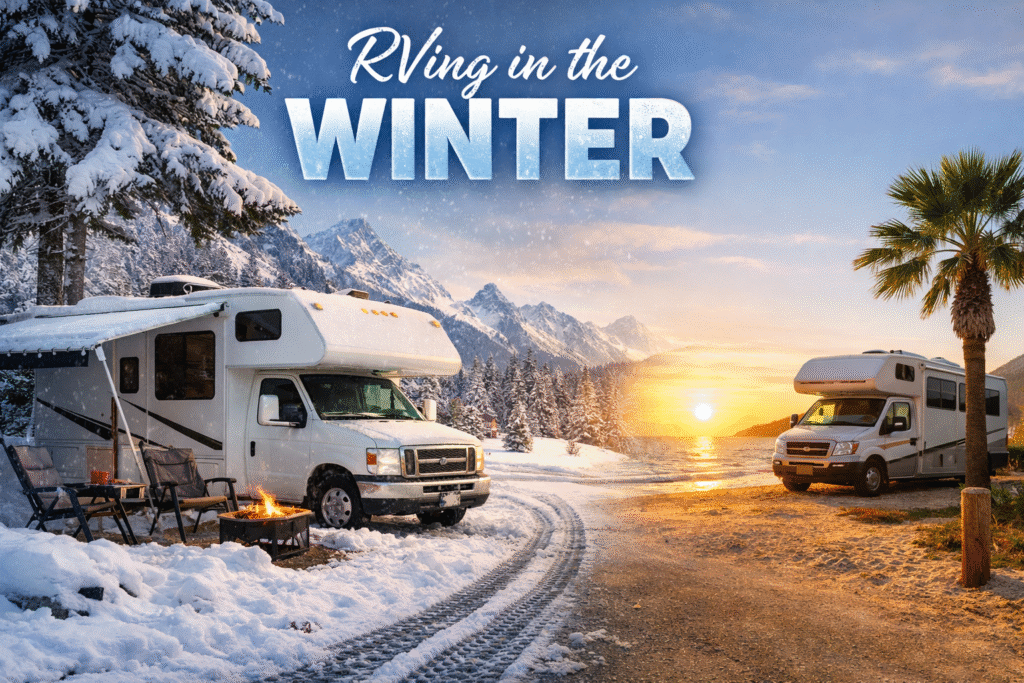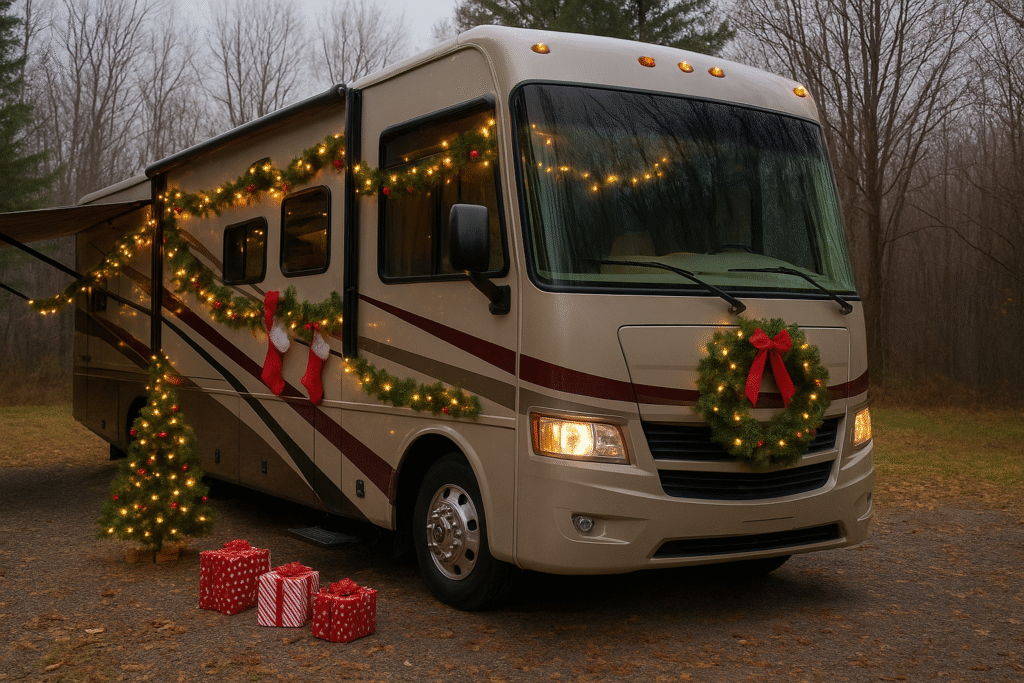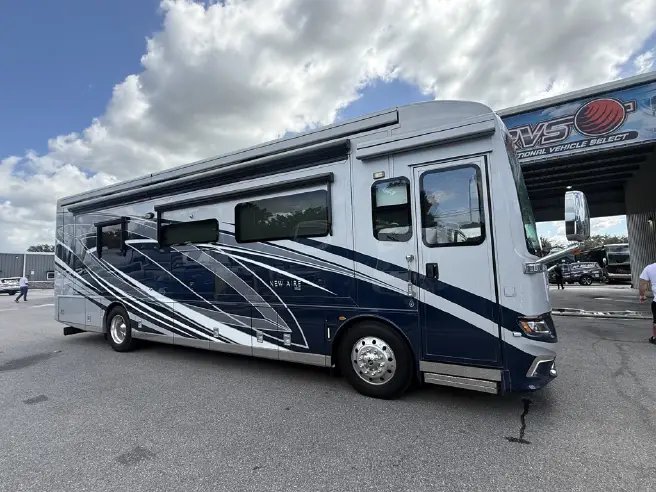It’s easy to think that anyone out camping in their RVs will have the same good intentions that you do — mainly, to enjoy the camaraderie and beauty of nature that camping affords, without a thought about how you could inflict harm upon your fellow campers and vice versa.
Unfortunately, not everyone has the same mindset and people with thieving intentions can easily cause trouble for you and your loved ones if your RV isn’t secure. This is also true even if your rig is in storage.
So do you need an RV security system? In short, probably.
What to Look for in an RV Security System
If you’ve decided that one way to keep your RV secure is to opt for a security camera system, here are a few things to consider before you purchase anything:
#1 Ease of Installation
This almost goes without saying, but whatever RV security camera system you choose, it should be easy to set and break down. Plus, setup shouldn’t be so complicated that you need an engineering degree to figure it out. Wireless options are great, especially if you’ll have access to WiFi.
However, if you’re the type that wants a more robust system with a lot of bells and whistles, installation may be more involved or could require professional installation.
#2 Monitoring Options
How do you want to monitor your system’s cameras and sensors? On your phone through an app? Via a computer? Both? Keep your monitoring preference in mind when shopping for a system.
#3 Methods of Detection
Some security camera systems are just a power base and a camera or two. But there are other systems with motion sensors, glass-break sensors, entry sensors, and much more. Think about which methods of detection are most important to you and seek a system that meets those needs.
What About an RV Security Camera System that Works Without Power or WiFi?
One major challenge of installing an RV security camera system is knowing whether or not you’ll have power or WiFi available to you for the system to operate. Luckily, many systems come with solar-powered batteries or have reasonable battery life to maintain operation during a power outage or for a number of hours.
When it comes to connectivity, you’ll want to choose a system based on the type of RVing you do most. If remote boondocking is your style, look for satellite internet or cellular-based security systems. While more expensive than systems that work on WiFi, these options are an excellent way to keep your RV secure, even without a WiFi connection.
Do you have an RV security camera system installed? What do you love about it? What do you wish it could do? Let us know in the comments or contact us today!





